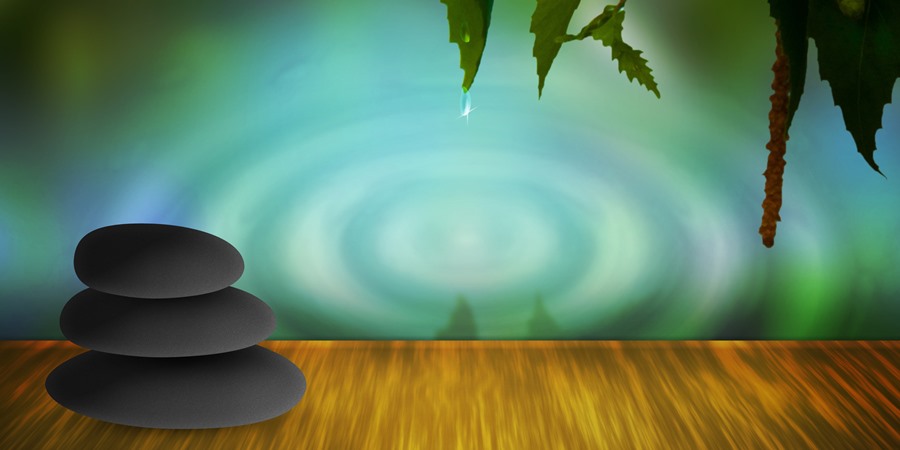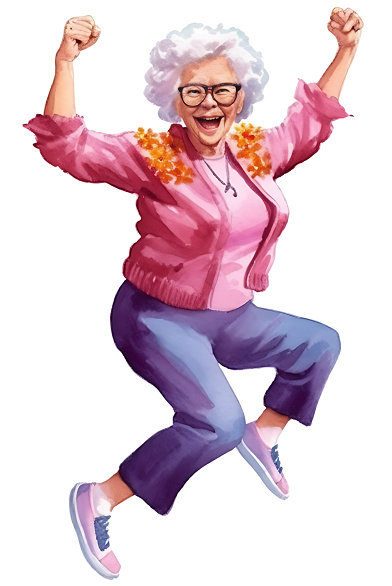
- Holistic healing is not just a treatment method, but a way of life.
- Many people seek holistic care even when they are not sick and simply want to improve their wellbeing.
- Wellness is a relatively new term that was born out of the modern world’s desire to feel better and improve wellbeing.
- It is important to have an open mind when using holistic care, and to be teachable and trusting.
- At the center of holistic medicine is always the goal to attain the overall “wellbeing of the patient.”
- Holistic Medicine approaches the wellness from the “whole person” perspective, treating, mind, body and soul.
- When looking for a holistic practitioner it is important to find one you like, feel comfortable with and trust.
- Alternative and complementary therapies are used by 1/3 of the US population.
- Naturopathy is a treatment modality that uses cures that come from nature, and has been in use for thousands of years.
- Hippocrates, the father of medicine was a strong advocate for naturopathy and using all natural methods to heal.
- Nature cure is a constructive method of treatment which aims at removing the basic cause of disease through the rational use of elements available in nature.
- Holistic medicine never rejects conventional medicine, in contrast, it works alongside it to create a system of complementary care.
- The philosophy behind “nature cure” is that man is born healthy and strong and he can remain so in line with the laws of nature.
- Holistic medicine does not focus on disease, but on the entire person – mind, body, and soul.
- If treatment is only given to one part of the problem, the patient cannot really experience full healing because other aspects of their being are being ignored.
- The term “holism” was first coined by Jan Christian Smuts in 1926 to describe a “whole that is greater than the sum of their parts.”
- Holistic practitioners provide a complete evaluation of their patients, including, history, lifestyle, thoughts, and feelings.
- Prevention, treatment and a profound relationship of the practitioner with their patient are all hallmarks of holistic care.
- Holistic care believes in the healing power of love, and trust and communication between patient and practitioner.
- The holistic model believes that all people have innate healing powers, and promotes patients to get in touch with those.
- Holistic philosophy believes that all of our life experiences hold lessons and opportunities to learn.
- Holistic Practitioners should be board certified to practice, have extensive training and preferably belong to the American Holistic Association.
- Massage, chiropractic, herbal treatments, yoga, acupuncture, and reflexology are just some of the treatment methods used in holistic medicine.
- Holistic practitioners teach their patients how to live a healthy lifestyle based on the patient’s particular needs.
- Holistic practitioners assist patients in attaining balance in their life in to order to promote the best possible health and wellness.
- Holistic practitioners never diagnose disease, and so it is important to continue treatment with your regular doctor.
- If you want to become healthy, and create a state of true wellbeing, you should see a holistic practitioner.
- If you want more balance in your life, a holistic practitioner can be of great help.
- While modern medicine views the sick patient in terms of their illness, holistic medicine views them as individuals with feelings, thoughts and histories.
- Holistic nutritionists can be of great help in creating the most optimal diet that will lead to energy, vitality and better health.
- Conventional modern medicine, unlike holistic, typically treats diseases and symptoms, but, does not address the root causes of such.
- A regular diet filled with essential nutrients is one of the best ways to attain and maintain optimal health.
- Natural treatments used in holistic and complementary rarely have side effects as those seen in conventional medicine.
- Alternative medicine is therapies used instead of conventional Western medicine.
- Complementary medicine is any therapy that is used alongside or together with conventional Western medicine.
- Holistic medicine never ignores conventional medical treatments, conversely in works in unison with them and conventional doctors.
- Mental health counseling falls under the umbrella of holistic care.
- Homeopathy is a whole medical system under the umbrella of holistic medicine, and holds the philosophy of “like cures like.”
- Acupuncture is a therapy used in holistic care and has been in practice traditional Chinese medicine for more than 2000 years.
- Vitamins, minerals, antioxidants and enzymes in raw vegetable and fruit juices are extremely beneficial in normalizing all body processes.
- Vegetable juicing is one of the best ways to ingest 100% pure nutrition into one’s body.
- Cancer treatment is enhanced when it takes a holistic approach and it can be of great benefit to terminal patients.
- Tai Chi is an ancient martial art that teaches discipline of the mind, and can be included in holistic care.
- Yoga and meditation are both used for healing in holistic medicine, and provide multiple benefits with no side effects.
- Aromatherapy is used in holistic care to provide stress relief, relaxation, and many other results using the sense of smell.
- Herbal medicine used to treat various ailments and conditions with plants, this is an all-natural treatment modality.
- Many medical doctors support holistic care when treating their patients for various diseases and conditions, but, there are also those who don’t.
- Herbal medicine has been in use for thousands of years across the globe, its ancient practices are used today by many who believe in their effectiveness.
- There are many ways to boost immunity naturally, one of the most effective is by eating foods that do so.
- Ayurveda uses breathing, meditation and herbs to bring balance to the body, mind and soul.



